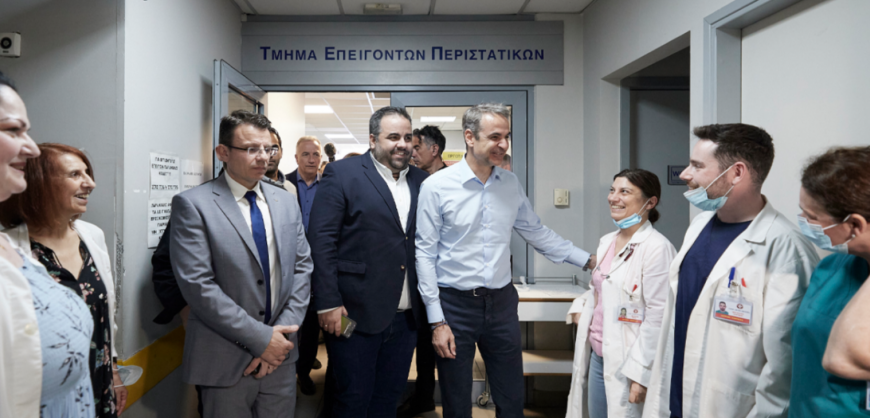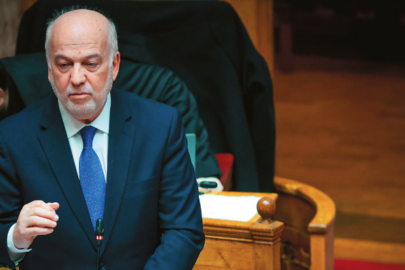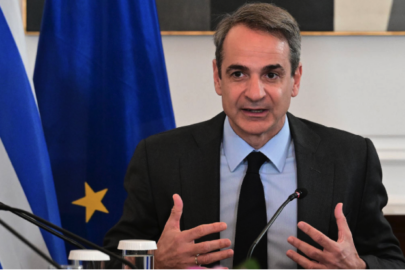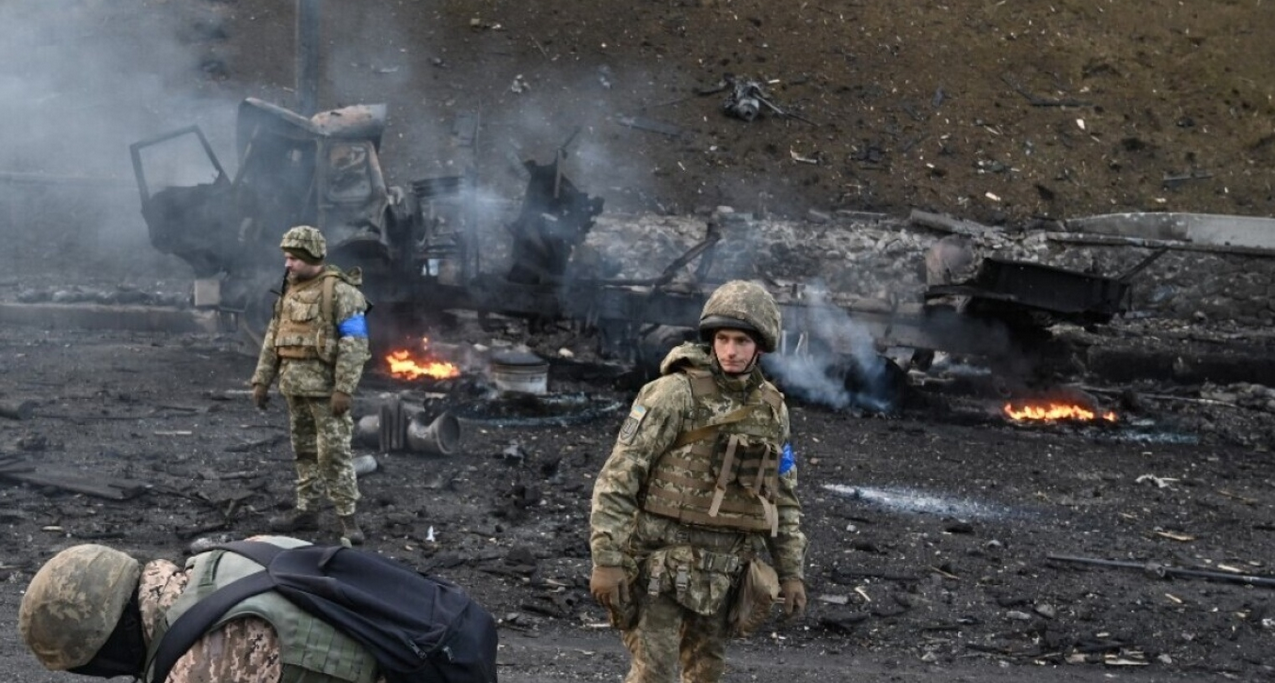Prime Minister Kyriakos Mitsotakis visited the General Hospital of Thessaloniki “Agios Pavlos”, where renovation and modernisation works are being carried out in the Emergency Department (ED), as part of the National Recovery and Resilience Plan “Greece 2.0”, funded by the European Union.
At the end of the visit, Kyriakos Mitsotakis stated: “The construction of the new NHS is indeed a monumental task. Step by step the NHS is changing. With significant funding from the Recovery Fund, we are proceeding with modernisation and significant interventions in more than 80 hospitals and over 150 health centers. Today here, at ‘Agios Pavlos’, a very important hospital for Eastern Thessaloniki, we saw only a small sample of these interventions, with the new state-of-the-art Emergency Departments, which will be operational within the next two weeks. I want to emphasise that, ‘Agios Pavlos’ will receive more than 10 million euros from EU funds.
Hellenic Navy: Electronic Systems Mast of the Frigate HS “Nearchos” is ready
This is the largest intervention that has essentially been made in the hospital since its construction. The new NHS requires significant interventions, both in infrastructure and equipment, but mainly in supporting human resources. Even if we have infrastructure and equipment but if we do not have well-trained doctors, nurses, support staff, the National Health System cannot function as we envision it. So despite those who persist to disparage the NHS, the NHS is changing step by step. As I said, it is a great effort, the whole work will not be evident from the first moment. However, we are moving in this direction methodically and systematically.
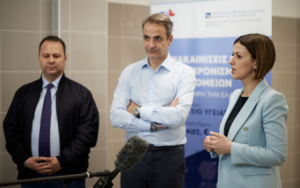
One last thing, in light that ahead of us in two months from now we have the European elections: it is very important to consider that all these interventions are made possible by European funds. Specifically, the resources of the Recovery Fund are additional resources which this government has claimed, secured for the country: 36 billion euros, of which over 1 billion euros are directed towards the health sector. This is something we must remember because on June 9th, we are voting for a strong Greece in a changing Europe, which in turn must support the significant reforms taking place in our country.”
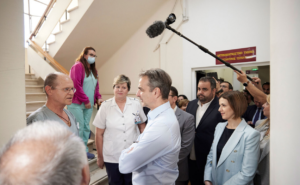
Earlier, in Thessaloniki, contracts were signed for energy upgrade, and renovation of facilities in three hospitals and 26 health centers in northern Greece, which fall under the jurisdiction of the 3rd and 4th Regional Health Authorities.

